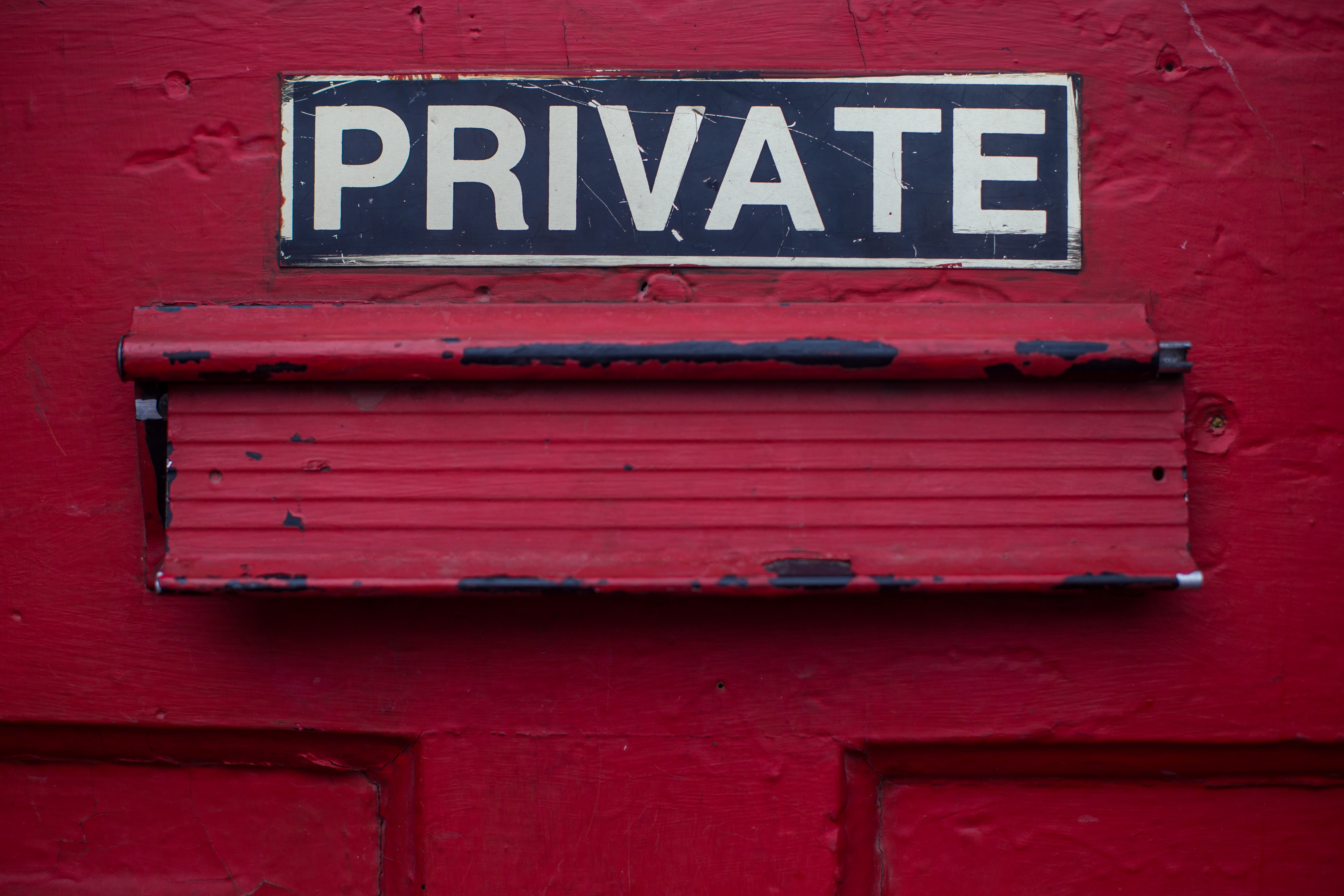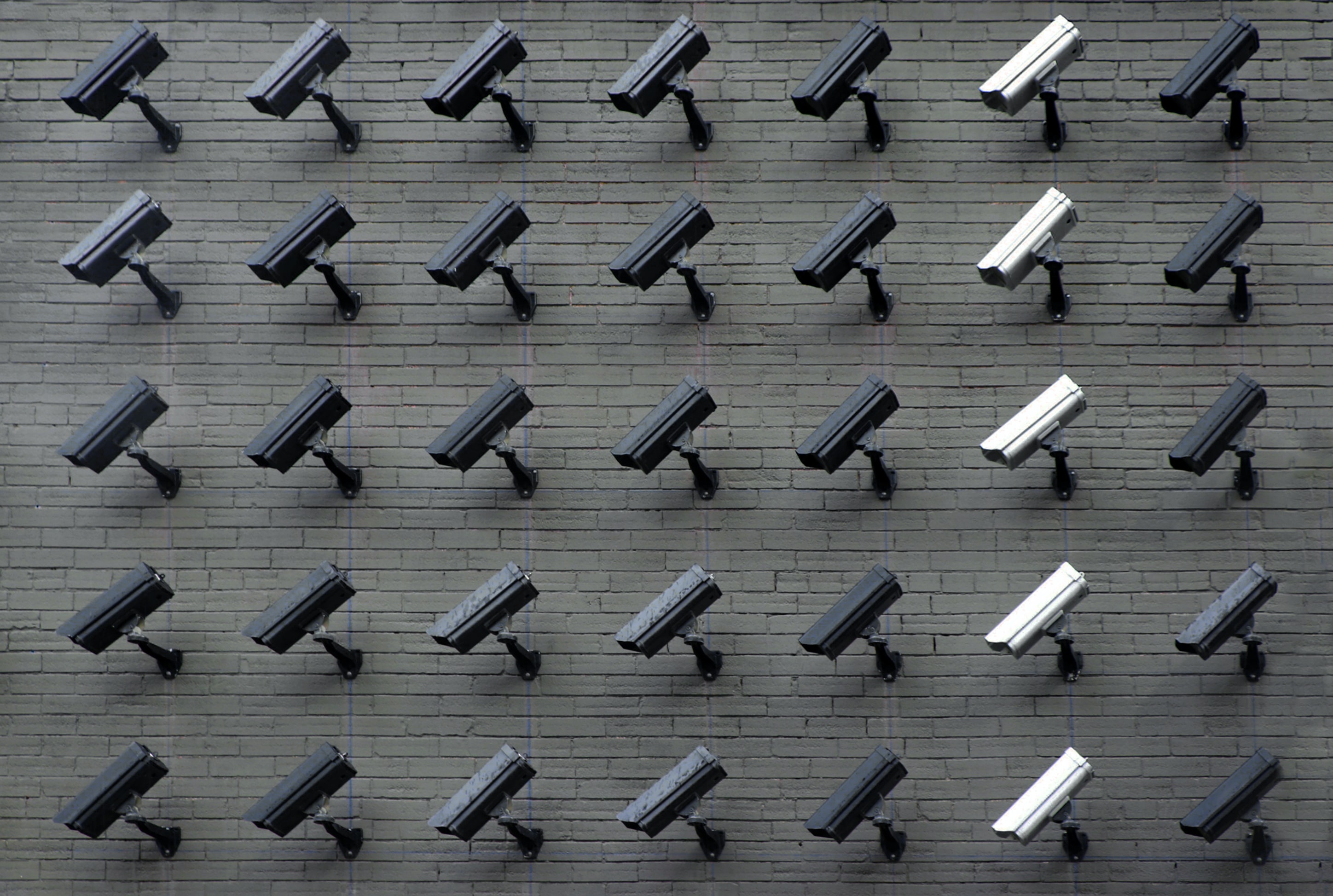
What is Digital Citizenship?
What is Digital Citizenship? https://www.citizenme.com/wp-content/uploads/2020/12/World-nasa-Q1p7bh3SHj8-unsplash.jpg 2400 1597 StJohn Deakins StJohn Deakins https://secure.gravatar.com/avatar/67e7ca4885d1b922783ca3a83741a282?s=96&d=mm&r=gDigital Citizenship in the Age of Human Data
“Where are you from?” It’s one of the first questions asked when people first meet. The answer is often where we are born, where we live, or where we have citizenship.
‘Citizen’ noun[ C ]UK /ˈsɪt.ɪ.zən/ US /ˈsɪt̬.ə.zən
Definition from Cambridge Dictionary
A person who is a member of a particular country and who has rights because of being born there or because of being given rights, or a person who lives in a particular town or city.
Although we might not realise it yet, we now also live in a new nation, a digital nation. As I write at the end of 2020, over 60% of humanity are already members of this virtual community, and if you’re reading this, you are too. This new nation doesn’t replace the geographic nations we all belong to. Rather, it’s an additional ‘gift’ and, if we play it right, will have the power to unite us all and even give us all a new digital superpower.
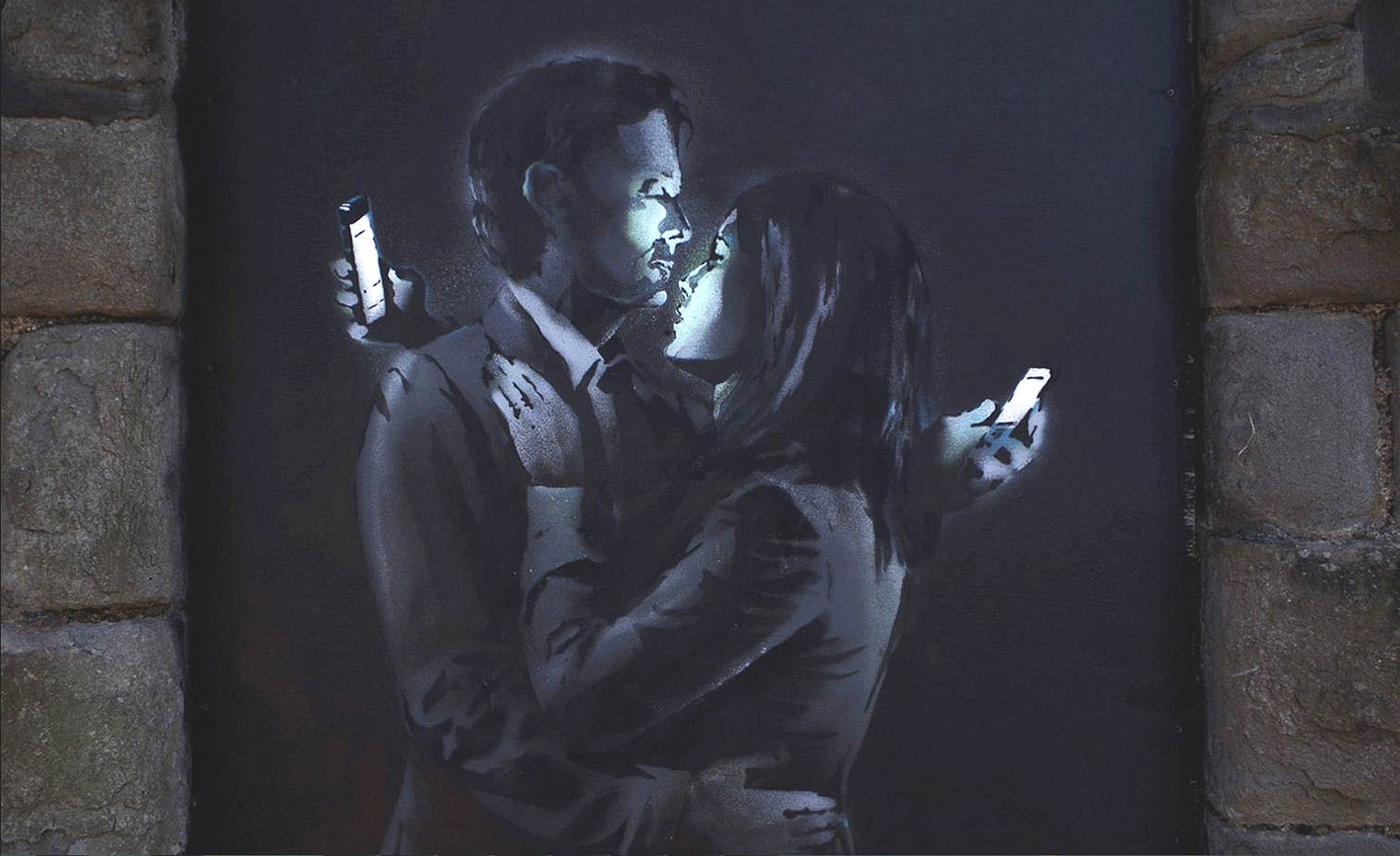
Always On, Always Connected
Increasingly, we are all connected, all of the time. The 2020 Covid19 epidemic has accelerated this still further. Our smartphones are always-on and always with us; they are the first thing we touch in the morning and the last thing we touch at night. Of course, it’s not the physical form of our phones (the metal, plastic and glass) that we love so much. What we love is what our phone gives us immediate access to: our friends, family, communities, interests, entertainment, loves, desires, livelihoods, and much more. During the Covid crisis, many people have suddenly seen their livelihoods become almost entirely digital, accelerating another area of life in becoming digitally led. This is all enabled through two things: our intimately personal devices, and a single global internet that connects us all.
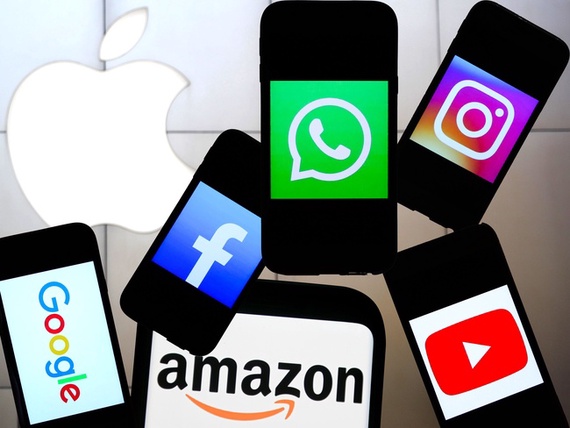
Our New Digital Era Brings Unimaginable New Digital Value.
As a newly global society, we have also rapidly moved to a globally connected and always-on economy. In the space of ten years, the five biggest companies in the world have changed from ‘Big Oil’ to ‘Big Tech’, most of them making their revenues, directly or indirectly, from ‘Big Data’.
Your Data is Trapped in Silos
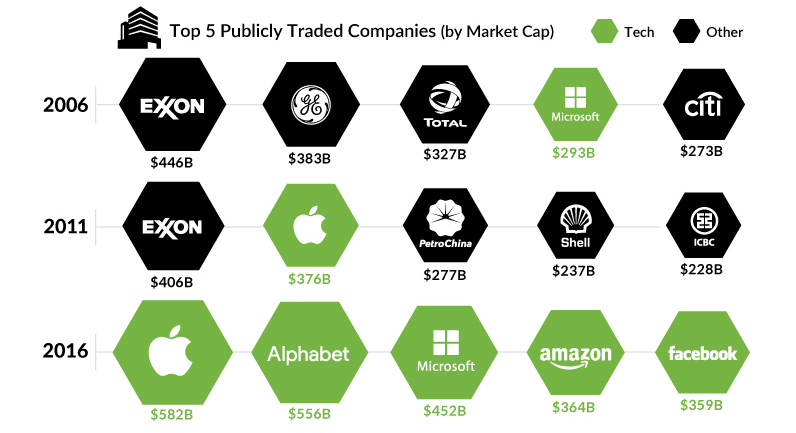
By far the most valuable of all ‘big data’ is personal data – that’s data from real humans, like you and me. Our personal data is as precious as our personal memories. The Value of our personal data powers the world’s biggest companies to provide almost 5 billion people with digital services. These services range from a better internet search, a personalised music playlist, to helping with our sleep patterns.
These organisations provide the building blocks of a global digital society: they organise the digital world’s information, communication and commerce. Soon, we will see hyper-personalised ‘AI’ agents organising our lives and helping us to make decisions. We see the beginnings of these in Google Voice, Siri (Apple), Alexa (Amazon), and Cortana (Microsoft). Facebook has taken a slightly different path, focusing instead on creating an immersive digital social future for us all, through augmented/virtual reality (Oculus).
To provide all of this, these companies are pooling vast quantities of personal data, and capturing entire markets, driving their values into the trillions of dollars. Indeed, they are now some of the most valuable organisations in human history.
If you are a person, a company, or a nation state – we all use these platforms and have to play by their ‘data rules’. As they are our first truly digital global organisations, they are also able to pick and choose the national data regulations that best suit them. This is already very clear when it comes to how and where they choose to pay global taxes in support of the real-life communities that they operate in. This is natural market dynamics, companies always optimise for financial efficiency. It’s just that these companies now operate in a global digital market with patchy, localised regulation.
The New Digital Frontier
Therefore, we are now at a new frontier: a single, global, digital economy, where the most valuable commodity is our human data. Like any new frontier, there has been a massive land grab – a data rush. A handful of companies each serve billions of people.
In the last 18 months, we’ve seen the emergence of new data regulations in many countries, led by the European Union’s General Data Protection Regulation (GDPR) in May 2018. However, these national regulations will always be fragmented and differ according to Real Life (offline) national sovereignty and citizenship. National rules will never be able to serve all of digital humanity equally, and will always be open to manipulation. So we will need to think about new forms of global data governance for digital citizenship.
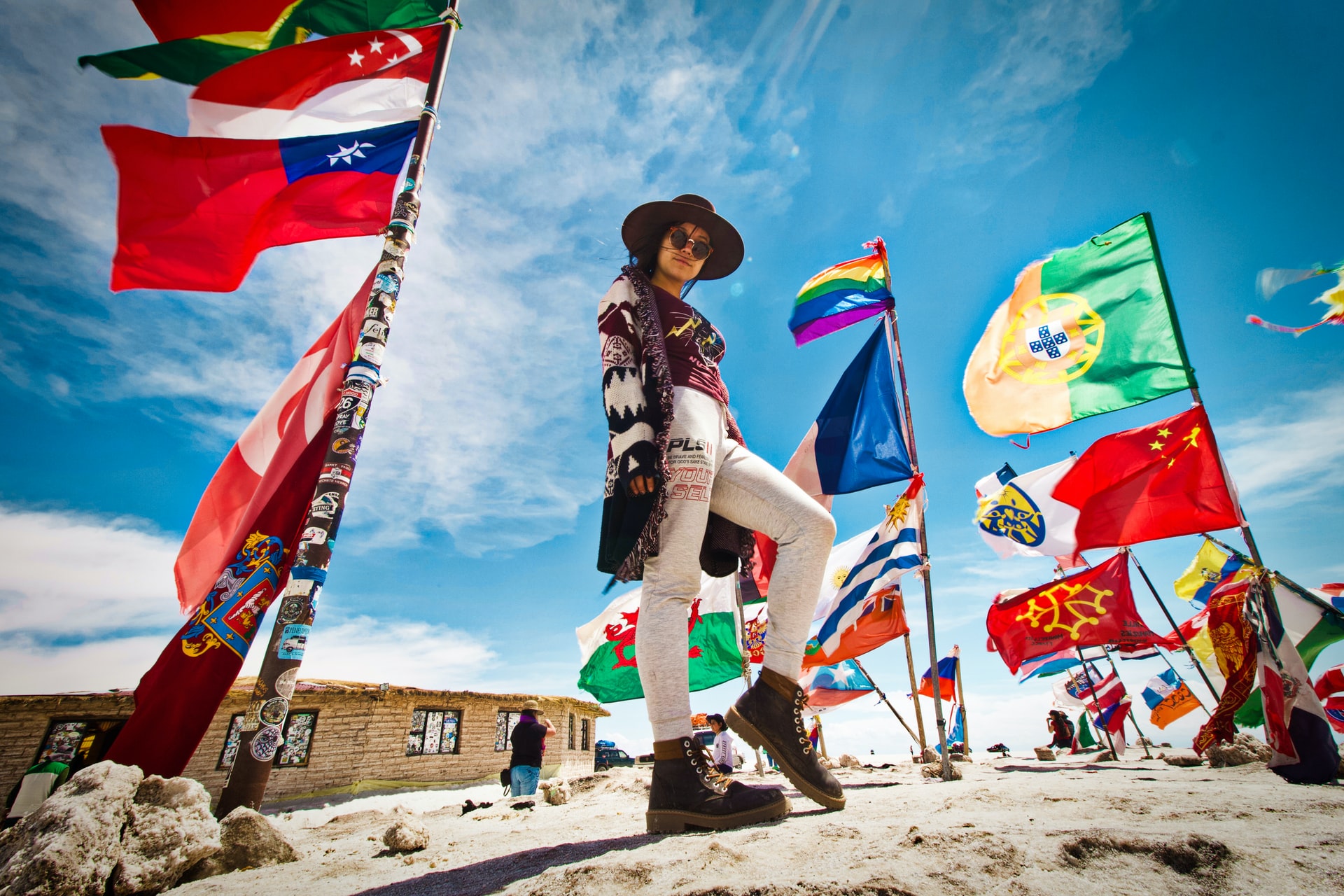
Our digital rights and obligations, as digital citizens, will need to apply wherever we live in the world. In the long run, we must all have the ability to participate in deciding how our digital society is run. I believe that this is inevitable; it’s just a matter of when – it may start to happen this decade, or take the rest of the 21st century (or longer). The choice is ours.
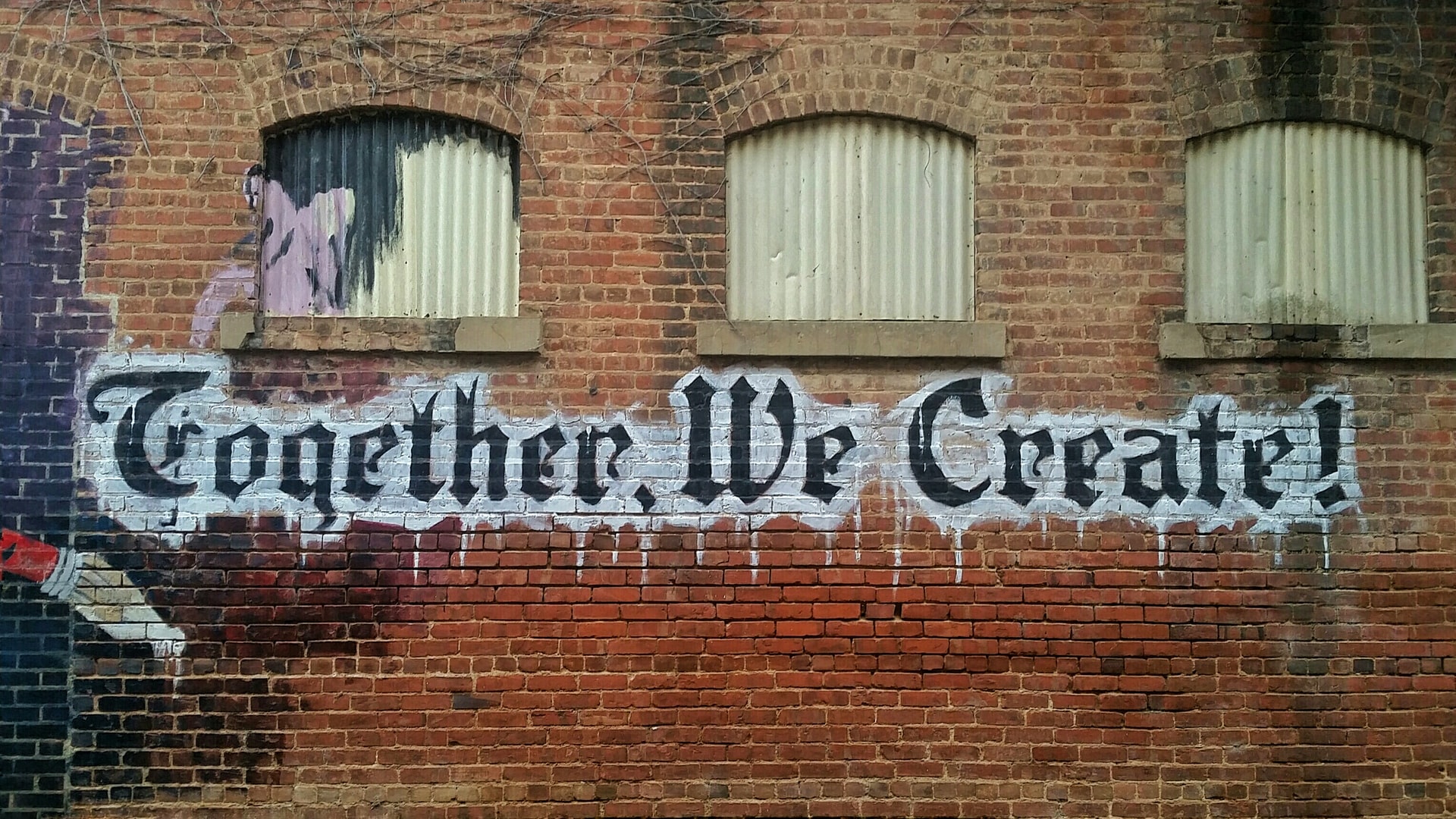
Making It Happen
It’s the economy, stupid.
James Carville, 1992
So what’s the first step to Digital Citizenship? Every digital citizen holds value in their own data. Most humans now live in market economies where we trade our time, effort, and mental capacity (skills, knowledge, thoughts) in exchange for money, which we then use to buy other things we want and need. By giving people the right to choose to participate with their own data value in the Digital Economy, we kickstart mass participation: people employ their data value on their own terms. Organisations are able to hold real-time, always-on ‘data conversations’ with their stakeholders (customers, employees, donors, researchers), all with trust, transparency, and full consent. When we do so, we will unlock unimaginable new value. We’ve created the ‘ZeroData’ platform that will be required to enable this to happen.
Simple Steps:
- Control over what we all choose to share and not share creates trust. When people trust, they are far more likely to participate. In time, personal AI agents will notify us about new information from our personal data, and help us to use our data on our behalf.
- Empowering everyone with the value of their own data. Value takes many forms: money; better services; delightful digital experiences; life-changing personal insights; improved physical, mental, financial & civic health; community knowledge; and collective global intelligence.
- A fully diversified and always-on global digital economy. It will be orders of magnitude more valuable than the industrial era economy that we’re now leaving. It will be a digital economy where everyone participates in the new value created, in turn, creating exponentially more value. Everyone benefits.
Once we have created a digital economy that we can all participate in equally, the democratic global governance, that we will all need to help us collectively manage the ecosystem, will become possible. As we rapidly shift to becoming a fully digital global society, this will become essential.
So, ‘Digital Citizenship’ means empowering us all in the most fundamental way possible. It means empowering each of us individually to choose to wield our data value for both ourselves and collectively.
We start by empowering you, with the value of you.
- Posted In:
- Business blog
- Citizen blog
- Uncategorized
StJohn Deakins
StJohn founded CitizenMe with the aim to take on the biggest challenge in the Information Age: helping digital citizens gain control of their digital identity. Personal data has meaning and value to everyone, but there is an absence of digital tools to help people realise its value. With CitizenMe, StJohn aims to fix that. With a depth of experience digitising and mobilising businesses, StJohn aims for positive change in the personal information economy. Oh… and he loves liquorice.
All stories by: StJohn Deakins


